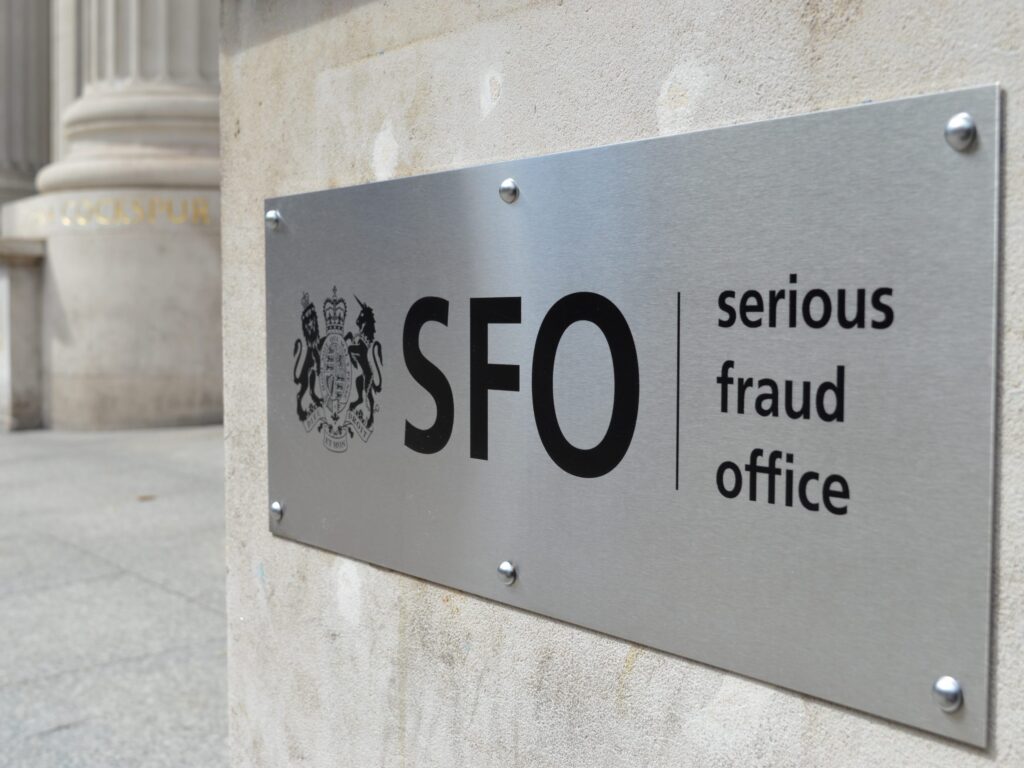The Serious Fraud Office (SFO) achieved a significant milestone on January 17, 2025, obtaining its first Unexplained Wealth Order (UWO) since the tool’s introduction in 2018. The order targets a £1.5 million property owned by the former spouse of a convicted fraudster, marking a notable development in the SFO’s asset recovery efforts.
Understanding Unexplained Wealth Orders
UWOs represent a civil investigative mechanism that requires property holders to explain the legitimate source of their assets. These orders operate under the High Court’s jurisdiction, applying a “balance of probabilities” standard. They can reach properties worldwide and may be served on individuals outside British borders.
To secure a UWO, authorities must demonstrate reasonable grounds for believing:
- The target owns assets exceeding £50,000 in value
- The individual’s legitimate income appears insufficient to acquire the property, or the assets were obtained through unlawful conduct
- The subject is either a politically exposed person (PEP) or connected to one, or reasonably suspected of involvement in serious crime
Failing to comply with a UWO without reasonable excuse triggers a presumption that the property constitutes “recoverable property” under Part V of the Proceeds of Crime Act 2002, enabling enforcement authorities to pursue seizure. Such non-compliance may also constitute contempt of court.
The Schools Case Analysis
The current UWO involves property belonging to the ex-wife of Timothy Schools, convicted in August 2022 for fraudulent trading, position abuse, and money laundering. The SFO supplemented the order with an interim freezing order to secure the assets.
This case marks only the fifth reported UWO in the UK since 2018, falling significantly short of the Home Office’s projected 20 orders per year. The National Crime Agency remains the only other authority to have employed this tool, with four previous cases.
The limited use of UWOs may reflect resource constraints facing enforcement agencies and their complexity. A notable setback occurred in the NCA’s second case, where the order’s discharge left the agency with substantial costs. However, the Economic Crime (Transparency and Enforcement) Act 2022 introduced cost protections for agencies, potentially encouraging more frequent use.
Strategic Implications
The Schools case demonstrates innovative use of UWOs in post-conviction asset recovery, diverging from their anticipated role as an alternative to prosecution. SFO Director Nick Ephgrave emphasized this strategic approach: “This is a milestone case for the SFO […] Wherever criminal assets have been hidden or dispersed, we will progress our investigations with determination and explore new methods to recover funds for victims and the public purse.”
Recent trends show UWOs increasingly targeting serious crime rather than politically exposed persons, reflecting heightened focus on domestic criminal activity, particularly fraud. This shift aligns with broader efforts to combat the UK’s reported fraud “epidemic,” complementing new measures like the failure to prevent fraud offense.
This case may signal renewed interest in UWOs following the 2022 reforms, potentially revitalizing what has been an underutilized enforcement tool. The outcome could influence future asset recovery strategies across UK law enforcement agencies.


